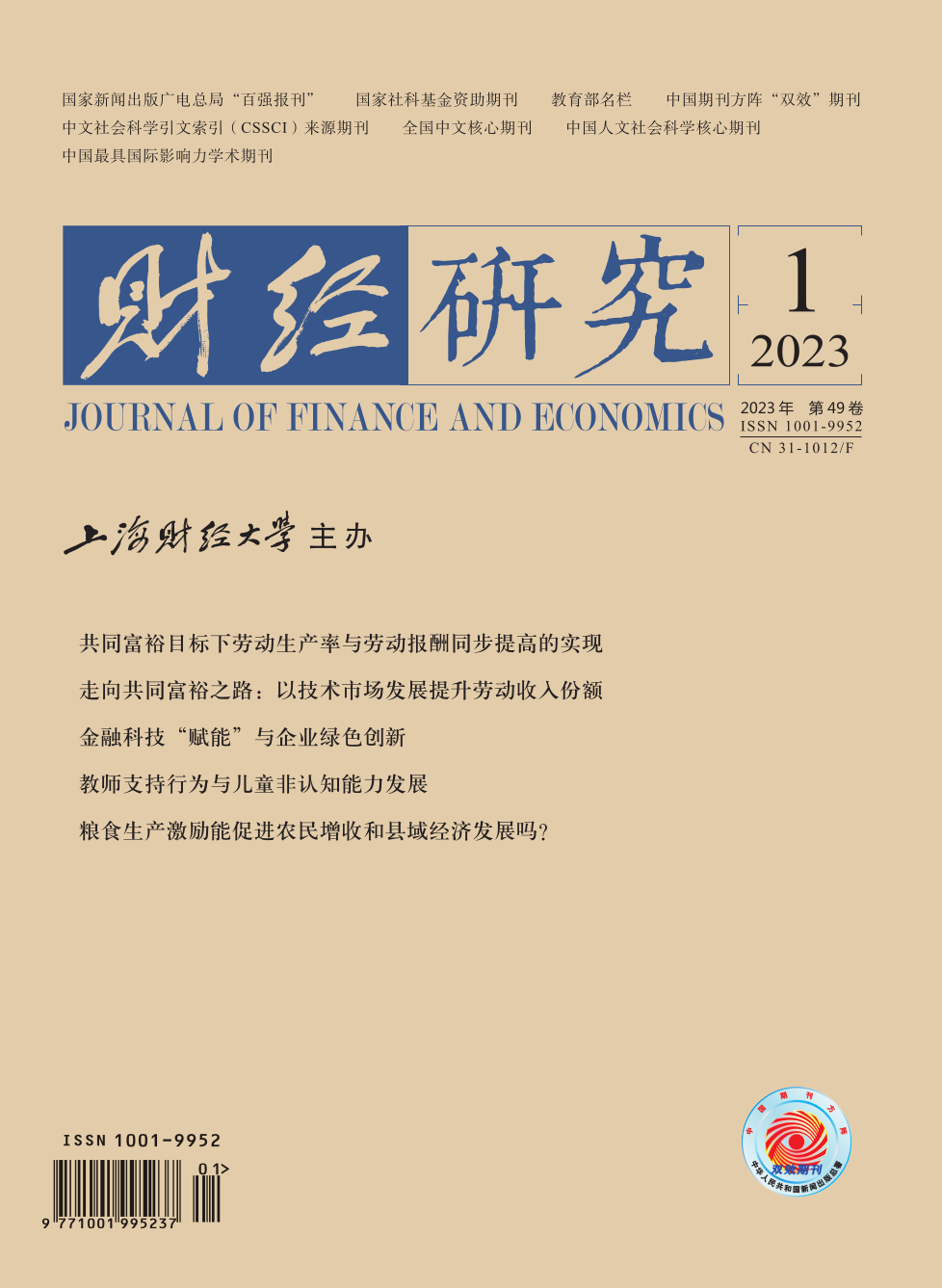Cognitive ability and non-cognitive ability are two important dimensions of human capital ability. With the increasing competition in education, families, schools, and teachers mainly pay special attention to children’s cognitive ability but neglect non-cognitive ability. However, non-cognitive ability is an important ability that affects the life of children. Schools, especially teachers, play a unique role in the development of children’s physical and mental health. Therefore, the role of teachers in “educating children” is very important in the process of the cultivation of non-cognitive ability, and the accumulation of children’s “human capital” will not only affect their future performance in the labor market, but also accelerate the construction of a talent-powerful nation.
Since non-cognitive ability is highly malleable in childhood, this paper uses the data from 2013−2014
The contributions are as follows: First, previous literature mainly focuses on the individual characteristics or added value of teachers, while this paper investigates the impact of teachers on children from the perspective of behavior. Second, based on the existing literature, this paper uses a variety of methods to overcome the endogeneity caused by omitted variables and reverse causality and obtain the causal effect of teachers’ behaviors on children’s non-cognitive ability. After re-estimating with instrumental variables constructed by whether teachers’ gender and children’s gender are the same, we confirm that the impact of teacher’s gender on children’s non-cognitive ability in previous studies is generated through teachers’ higher supportive behaviors for children of the same sex.
This paper provides policy implications for cultivating children’s human capital and improving the non-cognitive ability of disadvantaged children from the perspective of school, and also provides some inspiration for family education. Therefore, education policy-makers and managers should pay attention to improving teachers’ supportive behaviors, so as to promote the healthy growth of children, provide inexhaustible power for the sustainable development of China, and accelerate the construction of a talent-powerful nation.





 6568
6568  9510
9510

